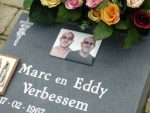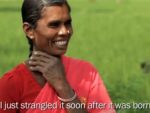
Last week, Wellingtonian Murdoch Stephens launched the Doing Our Bit Campaign, aimed at convincing New Zealanders of the need to double our refugee quota from the current 750 to 1500. “Despite being a small country in the middle of the South Pacific, New Zealand prides itself on being hospitable. We are friendly to overseas visitors Read more






